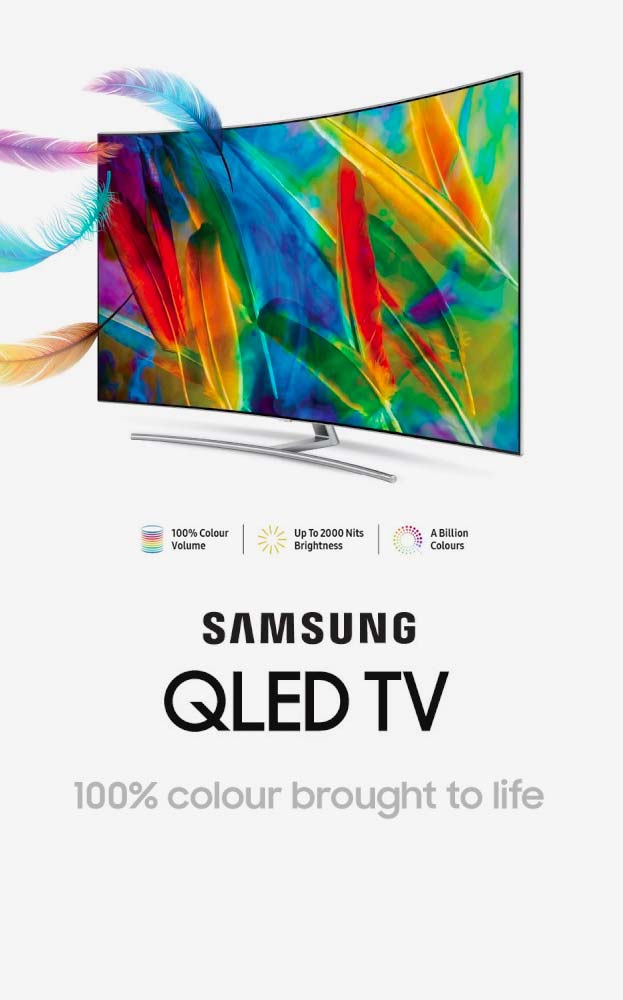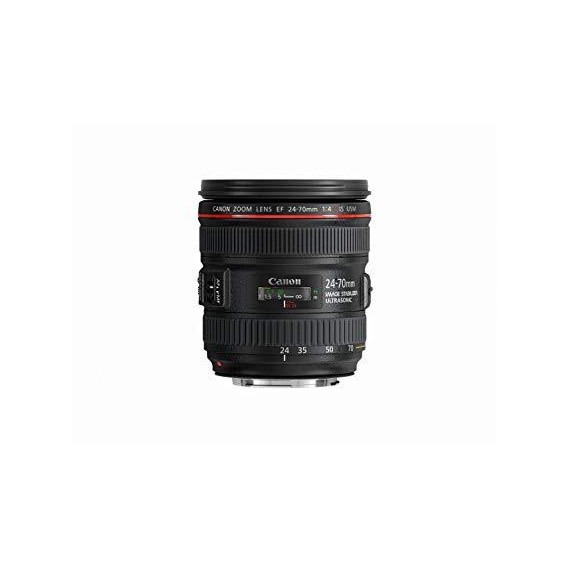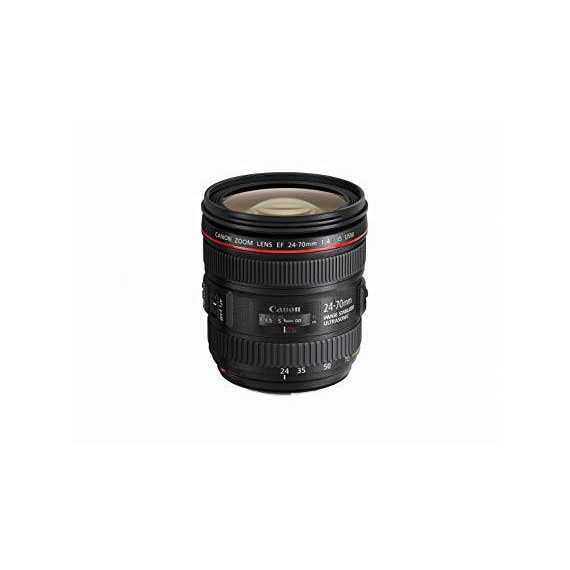P.K. Frary
I enjoy landscape, travel and macro photography and felt the 24-70 4L IS USM would be a good fit for me. Heres what I thought about it after several months of use. BUILD is excellent: quality plastics, weather seals, attractive semi-matte finish and sturdy metal mount. Electrical switches are beefy and nearly impossible to inadvertently change. The ribbed rubber zoom and focus rings are large and grippy, and positioned similarly to my 17- 40L and 70-200 4L IS. Appearance is similar to the 24-105L but slightly shorter and lighter. It feels solid and balanced on my 6D. FOCUS is internal so the barrel doesnt rotate or change in length. AF is blazing fast and accurate on my 6D. Manual focus is always active (no switch flip required), smooth and finely pitched, allowing precise adjustments. ZOOMING is accomplished via a single nested barrel. Zoom action is smooth but slightly stiff between 50 and 70. There is no zoom drift when pointed up or down so the barrel lock at 24mm seems superfluous. However, zooms tend to loosen with use so maybe Ill appreciate the lock a few years from now. OPTICAL PERFORMANCE at F4 is sharp edge to edge. Center frame is similar to my 24-105 4L but corners are vastly improved. The best overall performance is at 24mm and 70mm, with slight deterioration at 50mm. This lens required +5 Microadjustment (MA) at 24mm for optimal sharpness (was front focusing). The long end was tack sharp at default (0). In contrast, my 24-105 4L is sharp at defaults (0) and required no MA on my 6D or 5D MKII. There is a small amount of light falloff or corner darkening at 24mm and F4 but noticeably better in this regard than the 24-105 4L. Light falloff at 70mm is about the same as the 24-105L. Stopping down to F5.6 renders light falloff inconsequential. I dont notice light falloff unless testing on a white wall. The most noticeable improvement over the 24-105L is the near absence of barrel distortion at 24mm. My ocean horizons are true! Chromatic Aberration (CA) is also reduced: a tiny amount of color fringing is visible via pixel peeking in corners at 24mm, but almost nothing at longer settings. It certainly bests my 24-105 4L in this regard. Sunsets, spotlights and other bright light sources exhibit little to no flare. Flare resistant is markedly better than the 24-105L, making blazing Hawaiian sunsets a snap! However, use of the included EW-82L hood is recommended for protection from stray light, raindrops and doggie noses. This hood sports rayon flocking, matte black paint matched to the lens and petal cutouts. It has a lock release button but is a little loose and will come off with a light whack or firm rub on a beer gut. I prefer the snug fit of the EW-82H, the OEM hood for the 24-105 4L IS USM. And, yes, the EW-82H fits the 24-70 4L perfectly albeit slightly deeper. There is absolutely no vignette so its staying on my 24-70 4L. Macro results are impressive at .7x, making it ideal for flowers, small products and artwork. Press and hold the macro switch while turning the zoom past 70mm to engage macro range. Combined with Hybrid Image Stabilization I got sharp free standing flower shots I normally need a tripod for. I still prefer a tripod for such shots but being able to get a sharp impromptu macro is a wonderful feature for travelers. IMAGE STABILIZATION (IS) gave me three additional stops of hand holdable range at 70mm, sometimes four on a good day (no coffee and 8 hours sleep!). The big deal is Hybrid Image Stabilization compensating for both up-and-down and swaying forward and back movements. The swaying back and forth movement often foiled my attempts at shooting museum artwork where tripods werent allowed, so a welcome feature along with auto panning mode. In a quiet room, I cant hear the IS mechanism while using the camera. IS is only audible if I place my ear directly on the lens. So quieter than the IS unit in the 24-105 4L USM (audible as soft grinding in quiet rooms). LAST BLURB: I had to calibrate (MA) this lens for optimal sharpness. Once dialed in, images were satisfyingly sharp, contrasty and vivid from edge to edge. The game changer--and the main reason to pick this lens over the 24-105L--is the macro and Hybrid IS features. Its basically two lenses in one--normal zoom and macro--and lets me leave my macro lens at home when traveling light. Finally, the most frequent criticism of this lens is the high selling price ($1499). As of August 31, 2014, Canon reduced MAP to $999, making this a darn sweet deal.








